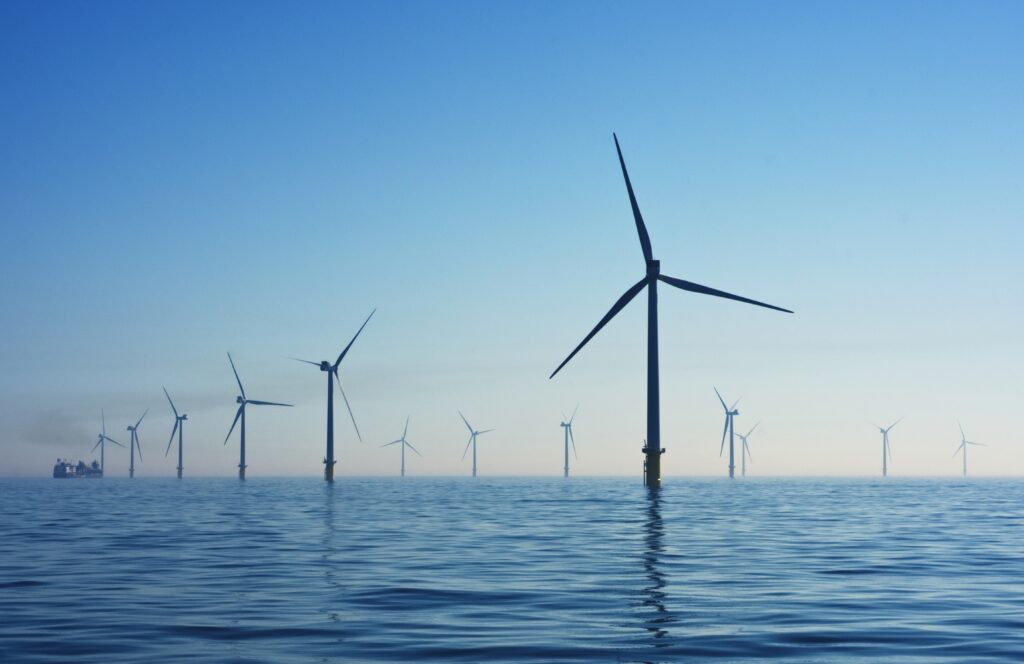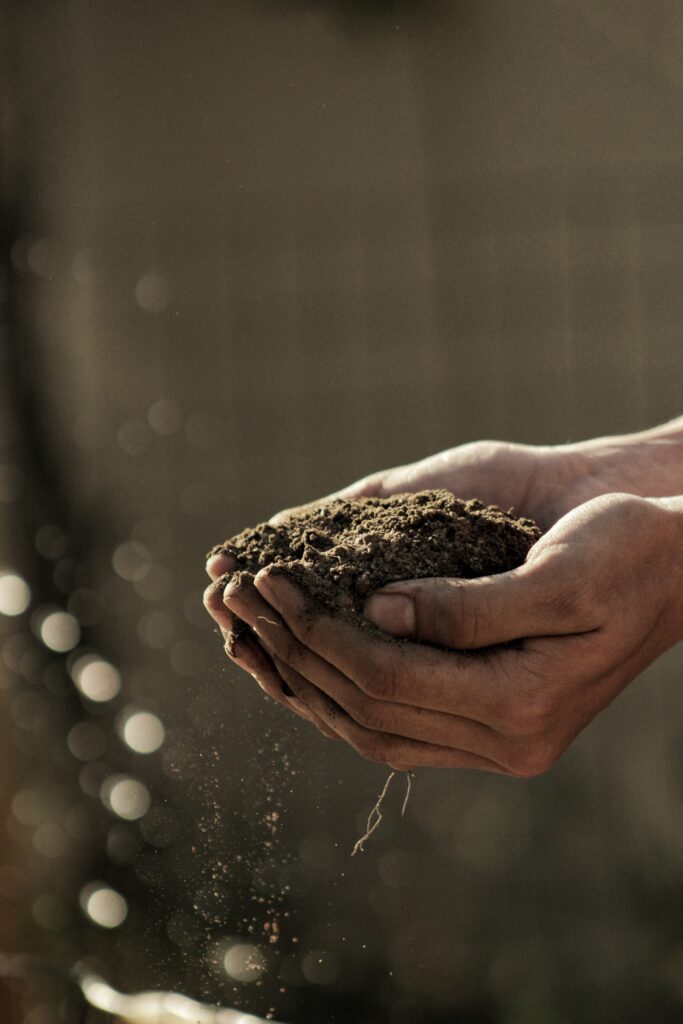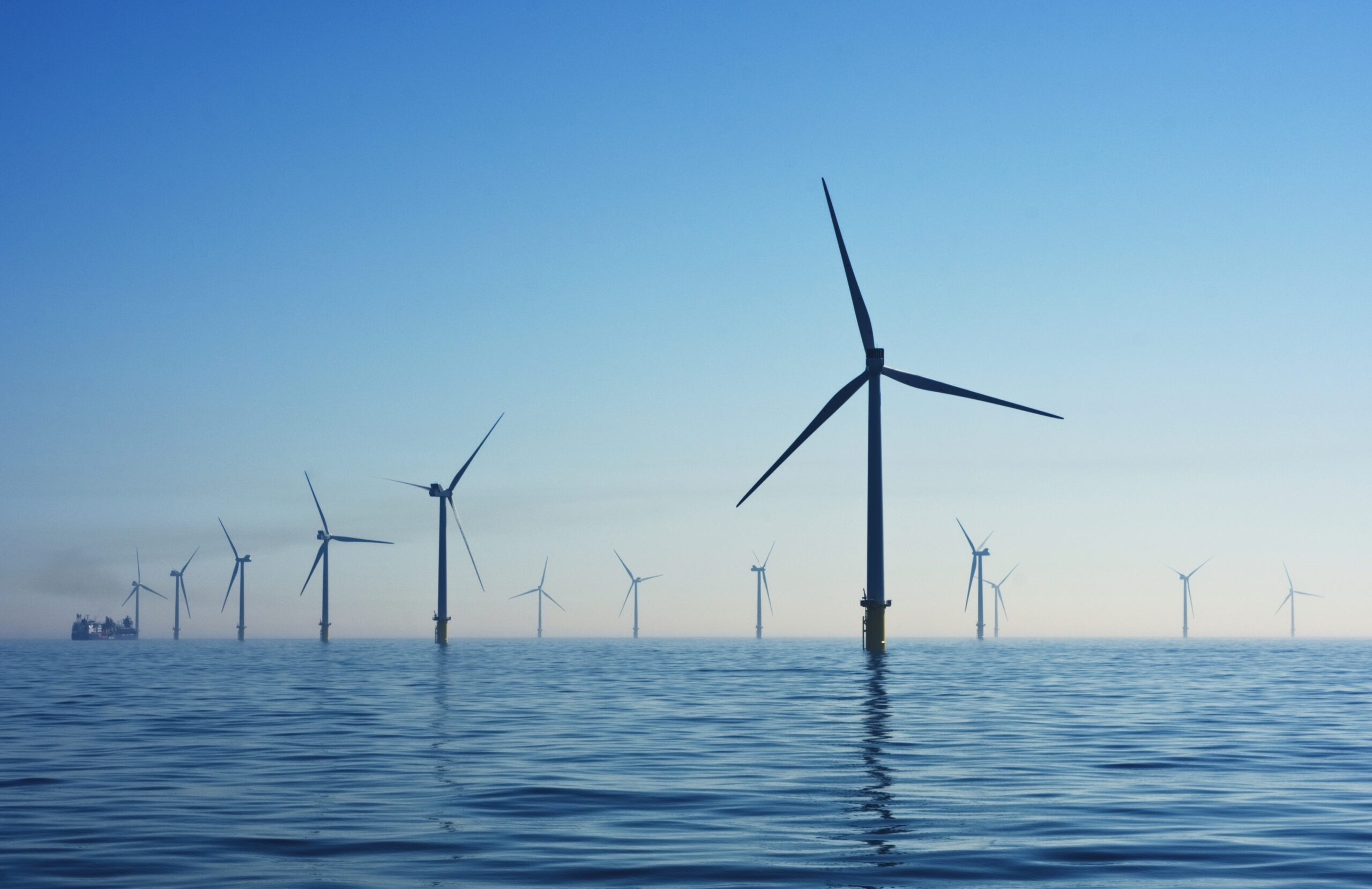In today’s world, where sustainability and environmental consciousness are becoming increasingly important, the way we manage rental properties must adapt and evolve. From conserving energy to reducing waste, there are numerous eco-friendly practices that can be implemented in rental property management. By incorporating sustainable practices, not only can property managers contribute to a healthier planet, but they can also attract environmentally conscious tenants and potentially save on maintenance and utility costs. Let’s explore some of these eco-friendly practices and see how they can make a positive impact on our rental property management.



This image is property of images.unsplash.com.
Water Conservation
Install Low-flow Fixtures
One of the easiest and most effective ways to conserve water in rental properties is by installing low-flow fixtures. These fixtures, such as low-flow toilets, showerheads, and faucets, are designed to reduce water usage by restricting the flow rate without compromising performance. By replacing traditional fixtures with low-flow options, we can significantly reduce water consumption and lower utility bills for both tenants and property owners.
Fix Leaks Promptly
Another important aspect of water conservation is promptly fixing any leaks that occur in rental properties. Even small leaks can waste a significant amount of water over time, so it’s crucial to address them as soon as possible. Regular inspections and maintenance checks can help identify leaks, and once spotted, they should be repaired promptly to prevent any further water waste. By taking this simple step, we not only conserve water but also protect our properties from potential damage caused by leakages.
Collect and Reuse Rainwater
One innovative and sustainable way to conserve water is by collecting and reusing rainwater. Installing rain barrels or a rainwater harvesting system enables us to capture rainwater runoff from roofs and gutters, which can then be used for various purposes like watering the landscape and garden, cleaning outdoor spaces, and even flushing toilets in some cases. This practice not only helps reduce the demand for treated water but also allows us to make the most of a natural resource that would otherwise go to waste.
Energy Efficiency
Switch to LED Lighting
One of the simplest and most cost-effective ways to improve energy efficiency in rental properties is by switching to LED lighting. LED lights consume significantly less energy than traditional incandescent bulbs, while also lasting much longer. By gradually replacing all the outdated light fixtures with LED bulbs, landlords can reduce energy consumption and save tenants money on their utility bills. Furthermore, LED lights produce less heat, which can reduce the load on air conditioning systems during hot summer months.
Install Programmable Thermostats
Installing programmable thermostats is another effective strategy for improving energy efficiency. These devices allow tenants to set specific temperature schedules based on their occupancy patterns, enabling them to automatically adjust heating and cooling settings when they are not at home. By avoiding unnecessary energy usage when the property is unoccupied, programmable thermostats can significantly reduce energy waste and thereby lower utility costs for both tenants and property owners.
Insulate Attic and Walls
Proper insulation is essential for maintaining a comfortable indoor temperature and reducing energy consumption. By insulating the attic and walls of rental properties, we can significantly improve energy efficiency by preventing hot and cold air from escaping or entering the building. Insulation helps regulate temperature levels, meaning less reliance on heating and cooling systems. This not only reduces energy consumption, but it also enhances tenant comfort and lowers utility expenses.



This image is property of images.unsplash.com.
Waste Reduction
Implement Recycling Programs
Implementing recycling programs in rental properties is a crucial step towards waste reduction and environmental sustainability. By providing designated recycling bins and educating tenants about the importance of recycling, we can encourage responsible waste disposal and divert a significant amount of waste from landfills. Additionally, partnering with local recycling centers or waste management services can facilitate the proper collection and processing of recyclable materials.
Encourage Composting
Composting is an eco-friendly practice that allows organic waste to be transformed into nutrient-rich soil amendments. By providing tenants with composting bins and educating them about the benefits of composting, we can divert a substantial amount of food scraps and yard waste from ending up in landfills. Encouraging composting not only reduces waste but also helps promote sustainable gardening practices and supports the local ecosystem.
Reduce Single-use Plastics
Single-use plastics like plastic water bottles, bags, and utensils have a detrimental impact on the environment. As property managers, we can take steps to reduce the usage of these plastics within our rental properties. By providing reusable water bottles, encouraging the use of cloth bags, and promoting the use of reusable utensils, we can minimize the amount of single-use plastics that end up in landfills or pollute our oceans. Small changes can make a significant difference in reducing plastic waste and protecting our planet.
Green Cleaning
Use Environmentally Friendly Cleaning Products
Switching to environmentally friendly cleaning products can have a positive impact on both the health of tenants and the environment. Many traditional cleaning products contain harsh chemicals that can be harmful when inhaled or come into contact with the skin, as well as contribute to water pollution. By using natural and biodegradable cleaning products, we can ensure a safer indoor environment for tenants while minimizing the negative impact on water systems and ecosystems.
Opt for Microfiber Cloths
When it comes to cleaning, microfiber cloths are a great alternative to disposable paper towels. These reusable cloths are made of super-fine synthetic fibers that attract and trap dirt and dust effectively. Unlike paper towels, microfiber cloths can be washed and reused multiple times, reducing waste and saving money in the long run. By providing tenants with microfiber cloths and encouraging their use, we can promote sustainable cleaning practices and minimize the reliance on single-use paper products.
Minimize Chemical Usage
Another important aspect of green cleaning is minimizing the use of harsh chemicals. Many conventional cleaning products contain chemicals that can be harmful to human health and the environment. By adopting alternative cleaning methods and products, such as steam cleaning, vinegar, and baking soda solutions, we can achieve effective cleaning results without compromising on safety or sustainability. Minimizing chemical usage not only benefits the health of tenants but also contributes to cleaner air and water systems.



This image is property of images.unsplash.com.
Renewable Energy
Consider Solar Panels
Harnessing solar energy is an excellent way to transition towards a more sustainable and environmentally friendly energy source. Installing solar panels on rental properties can help generate clean and renewable electricity, reducing reliance on traditional energy sources and lowering utility costs. With advancements in technology, solar panel installations have become more affordable and accessible, making it a viable option for property owners looking to reduce their carbon footprint and attract eco-conscious tenants.
Install Energy-efficient Appliances
One significant way to promote renewable energy and energy efficiency in rental properties is by installing energy-efficient appliances. Appliances with high energy ratings, such as ENERGY STAR certified models, consume significantly less electricity while providing the same level of performance. By upgrading to energy-efficient refrigerators, washing machines, dishwashers, and other appliances, we can minimize overall energy consumption and contribute to a greener and more sustainable future.
Evaluate Wind Energy Options
In areas with suitable wind conditions, property owners can explore the possibility of utilizing wind energy as a renewable energy source. While wind turbines may not be practical for every rental property, conducting a feasibility study and consulting with renewable energy experts can help determine whether harnessing wind energy is a viable option. Investing in wind energy can reduce dependency on fossil fuels and generate clean electricity, benefiting both the environment and the bottom line.
Landscaping
Plant Native and Drought-resistant Species
Landscaping plays a significant role in creating a sustainable and environmentally friendly rental property. By choosing native and drought-resistant plants for the landscape, we can reduce the need for excessive watering and minimize maintenance requirements. Native plants are naturally adapted to the local climate and require less water, fertilizer, and pesticide application. Additionally, these plants provide habitats for local wildlife and contribute to the overall biodiversity of the area.
Implement Smart Irrigation Systems
Traditional irrigation systems can often lead to water wastage and higher utility bills. By implementing smart irrigation systems, property owners can optimize water usage and minimize waste. These systems utilize weather data and soil moisture sensors to determine the most appropriate watering schedule and duration, ensuring that plants receive sufficient water without overwatering. By adopting smart irrigation technology, rental properties can conserve water resources and promote sustainable landscaping practices.
Use Organic Fertilizers
Choosing organic fertilizers over synthetic alternatives can greatly benefit the environment and the health of the surrounding ecosystem. Organic fertilizers are derived from natural sources and provide a slow-release of nutrients to plants, reducing the risk of nutrient runoff that can pollute water bodies. Additionally, organic fertilizers improve soil health and structure, promoting long-term sustainability and minimizing the need for excessive fertilization. By using organic fertilizers in landscaping, we can achieve lush and healthy green spaces while minimizing the negative impact on the environment.
Green Transportation
Provide Bike Racks
Encouraging alternative modes of transportation, such as cycling, is an effective way to promote green transportation in rental properties. By providing bike racks and secure storage facilities, we can make it convenient and safe for tenants to commute by bicycle. Cycling not only reduces carbon emissions but also promotes physical activity and improves overall well-being. Creating a bike-friendly environment within rental properties demonstrates our commitment to promoting sustainable lifestyles and reducing dependence on cars.
Encourage Public Transit
Another way to reduce carbon emissions and promote sustainable transportation is by encouraging the use of public transit. Rental properties that are located in close proximity to public transportation hubs or have access to reliable bus or train services can actively promote public transit options to tenants. Providing information about routes, schedules, and discounts can incentivize tenants to choose public transit, reducing the number of single-occupancy vehicles on the road and fostering a more sustainable community.
Support Carpooling Programs
Carpooling is an effective solution for reducing traffic congestion and greenhouse gas emissions. By supporting and promoting carpooling programs within rental properties, we can encourage tenants to share rides and reduce the number of vehicles on the road. Implementing platforms or initiatives that connect tenants who have similar commuting routes can make carpooling more convenient and accessible. By actively supporting carpooling, we contribute to the reduction of carbon emissions and foster a sense of community among tenants.
Indoor Air Quality
Improve Ventilation
Ensuring good indoor air quality is crucial for the health and well-being of tenants. Proper ventilation helps remove pollutants, allergens, and excess moisture from the indoor environment, reducing the risk of respiratory issues and promoting a more comfortable living space. Property managers should regularly inspect and maintain ventilation systems, including air filters and exhaust fans, to ensure optimal functioning. If necessary, installing advanced ventilation systems that utilize energy recovery technology can efficiently exchange fresh outdoor air with stale indoor air, promoting healthier indoor environments.
Use Low VOC Paints
When renovating or repainting rental properties, it’s essential to prioritize the use of low volatile organic compound (VOC) paints. Traditional paints often contain high levels of VOCs, which can release harmful toxins into the air and contribute to poor indoor air quality. Low VOC paints have lower levels of harmful emissions, making them safer for both tenants and the environment. By making this simple switch, we can enhance the indoor air quality and create healthier living spaces for tenants.
Regularly Maintain HVAC Systems
Proper maintenance of heating, ventilation, and air conditioning (HVAC) systems is crucial for maintaining good indoor air quality and energy efficiency. Regularly inspecting and servicing HVAC units ensures that they operate at peak efficiency, reducing energy waste and potential indoor air pollution. Property managers should schedule routine maintenance checks, replace air filters as needed, and clean ducts and vents to minimize the accumulation of dust, allergens, and other pollutants. Prioritizing HVAC system maintenance promotes healthier indoor environments while optimizing energy consumption.
Smart Technology
Install Smart Thermostats
Smart thermostats are a valuable addition to rental properties, providing tenants with enhanced control over their heating and cooling settings. These devices can be programmed and controlled remotely, allowing tenants to regulate temperature levels according to their preferences and occupancy patterns. By optimizing heating and cooling schedules, smart thermostats help minimize energy waste and reduce utility bills. Additionally, some smart thermostats offer energy usage data, enabling tenants to monitor and adjust their consumption for maximum efficiency.
Utilize Energy Monitoring Systems
Energy monitoring systems provide real-time information on energy consumption, enabling property managers and tenants to identify areas of high energy usage and take appropriate action. These systems can track electricity consumption, water usage, and even individual appliance energy consumption. By utilizing energy monitoring systems, property managers can identify energy inefficiencies and implement targeted measures to reduce energy waste and promote sustainable energy practices.
Implement Smart Locks
Smart locks offer convenience and security while also contributing to energy efficiency. By implementing smart locks in rental properties, property managers can remotely control access and reduce the need for physical keys. Additionally, smart locks can be integrated with other smart home systems, allowing tenants to easily automate lighting and HVAC settings. By optimizing energy usage and enhancing security, smart locks help create a more sustainable and technologically advanced rental property.
Community Engagement
Educate Tenants on Eco-Friendly Practices
Engaging and educating tenants on eco-friendly practices is essential for fostering a sustainable community. By providing information on best practices for waste management, energy conservation, and water efficiency, we can empower tenants to make environmentally conscious choices in their daily lives. Sending out regular newsletters, organizing workshops, or installing educational signage within rental properties can help raise awareness and encourage tenants to actively participate in sustainable practices.
Encourage Sustainable Living
Beyond educating tenants, property managers can actively encourage sustainable living by providing resources and incentives. For example, hosting community gardening initiatives, providing composting facilities, or offering rewards for sustainable behaviors can motivate tenants to adopt eco-friendly habits. By creating a supportive and vibrant sustainability culture within rental properties, we can collectively reduce our ecological footprint and create a positive impact on the environment.
Organize Green Initiatives
Organizing green initiatives within rental properties can be a fun and engaging way to promote sustainability and community involvement. Events such as neighborhood clean-ups, tree planting days, or e-waste recycling drives not only contribute to a cleaner environment but also foster a sense of camaraderie among tenants. Property managers can collaborate with local organizations, encourage resident participation, and provide necessary resources to ensure the success of these initiatives. By organizing such events, we demonstrate our commitment to creating sustainable and thriving communities.
In conclusion, implementing eco-friendly practices in rental property management is not only beneficial for the environment but also for the overall well-being of tenants and the bottom line. By prioritizing water conservation, energy efficiency, waste reduction, green cleaning, renewable energy, sustainable landscaping, green transportation, indoor air quality, smart technology, and community engagement, property managers can contribute to a more sustainable future while creating comfortable and attractive living spaces. It is our collective responsibility to embrace these practices, educate tenants, and lead by example in order to make a positive impact on the planet. Let’s work together towards a greener and more sustainable rental property industry.
